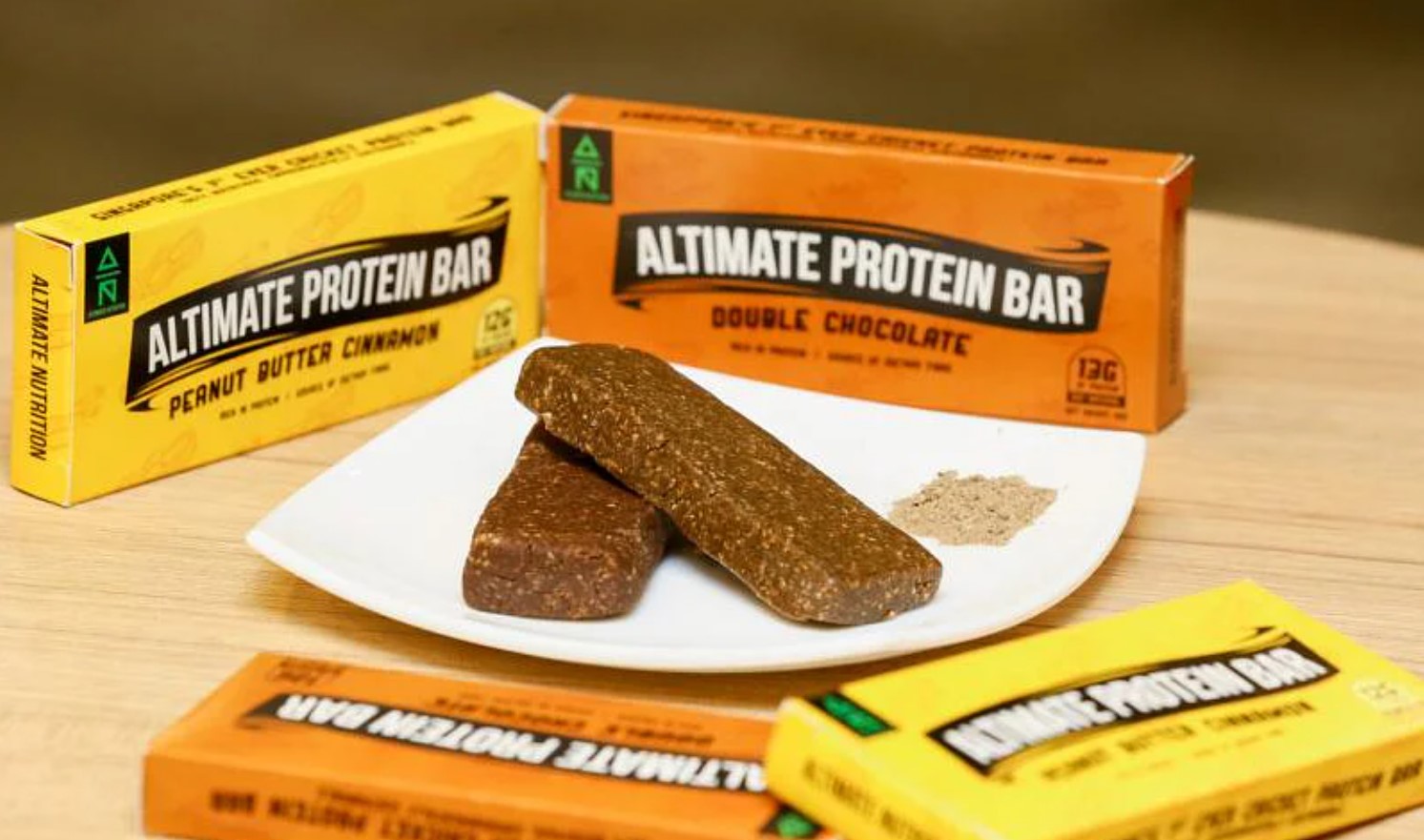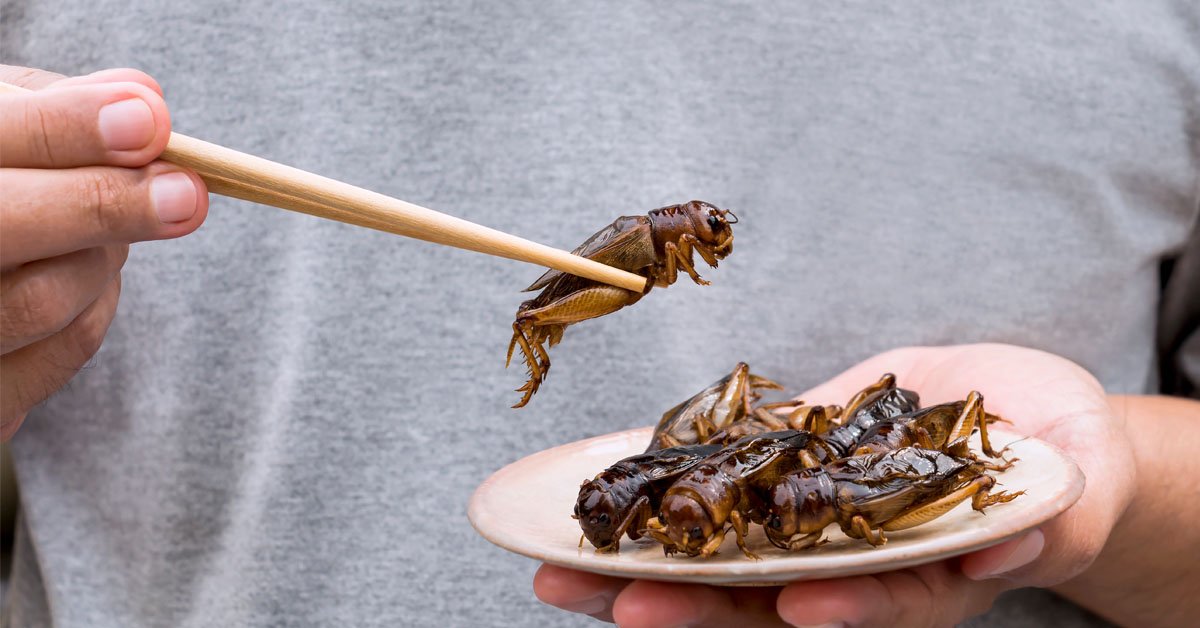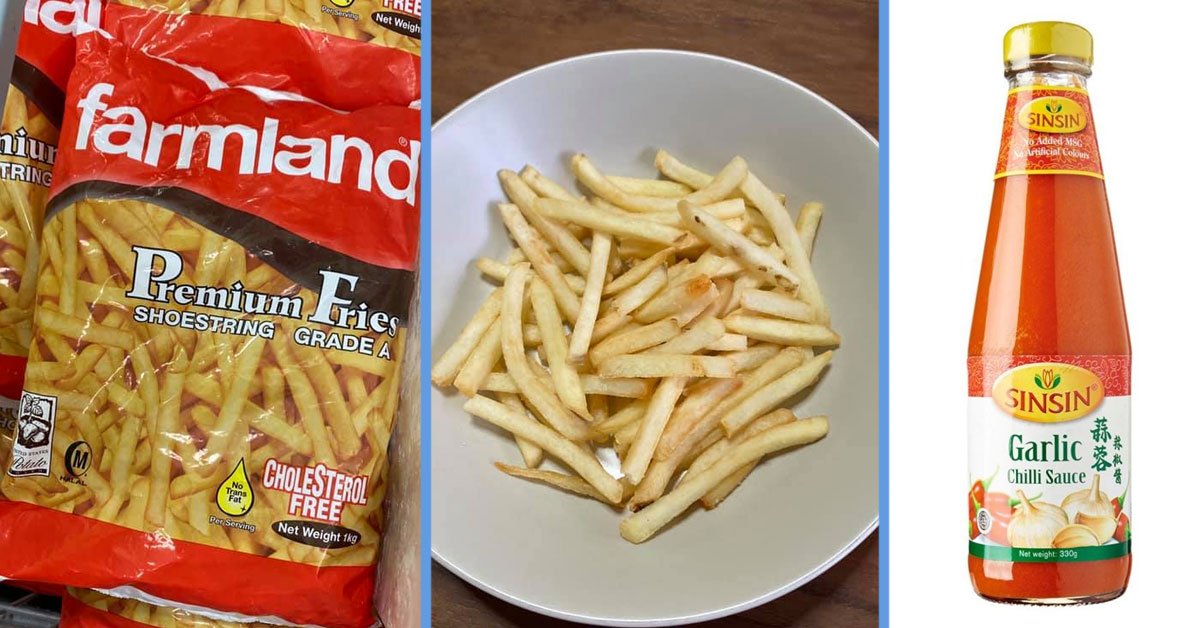Out of morbid curiosity, we may have watched YouTubers eat insects as part of an extreme food challenge.
Grasshoppers, tarantulas, silkworm larvae, cockroaches, ants…
As long as it is a viable source of protein, someone has eaten them.
Local content creators may soon have the dubious honour of saying “I tried fried beetles” as the Singapore Food Agency (SFA) is giving the green light to human consumption of these insects.
The Change In Policy
Consuming insects as food isn’t an uncommon practice worldwide.
South Koreans eat fried silkworm pupae as a novelty food; Bangkok’s night markets are famous for their fried crickets; in Japan, there are even vending machines that sell edible insects at camping sites.
In recent years, the Food and Agricultural Organisation (FAO) have been pushing for the commercial farming of insects for human consumption and animal feed.
The reason being that edible insects have a high protein value of between 40% to 60%, and possess useful nutrients such as zinc, amino acids and other vitamins.
Insects also have an essential amino acid called taurine, which is otherwise only found in meat or fish.
While insects don’t look appetising, it is undeniable that it is a good alternative source of protein, with the added bonus that commercial farming of insects leaves behind a smaller ecological footprint.
Thus, the SFA has taken reference from the European Union and other countries such as Australia, New Zealand, Korea and Thailand which has allowed the consumption of certain insect species as food.
The agency has also studied and assessed aforesaid species of insects with a history of human consumption and determined that it can be used for food.
Requirements for Importation and Farming
To safeguard food safety, the SFA has implemented a few requirements:
There must be documentary proof that the imported insects were farmed in regulated establishments with food safety controls, and the substrate used for rearing and feeding the insects is free of pathogens and harmful contaminants.
If the insects don’t have a history of human consumption, companies need to conduct and submit safety assessments to the SFA to ensure that it abides by the novel food regulatory framework.
Of course, like all other foods, insect products will be subjected to safety testing.
If it fails the safety test, it’s back to the drawing board for the companies.
Companies that have previously expressed interest in insect food product imports or insect food farming welcome this news.
One such company is Altimate Nutrition, which produces flavoured cricket protein bars. This is done by sourcing cricket powder from cricket farms in Thailand.
The co-founder of Altimate Nutrition said that they have been waiting for more than two years for SFA to approve of insect-based products so that it can sell its protein bars on the market.

Actually, if the insects are processed this way, it might be okay to try it? It looks decent.
Nevertheless, it will be interesting to see insect products on the supermarket shelves soon.
Featured Image: nicemyphoto / Shutterstock.com



